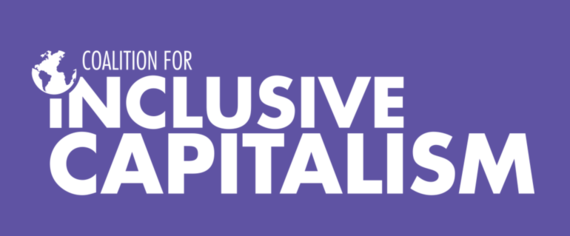At the first Conference on Inclusive Capitalism in May 2014, the Governor of the Bank of England, Mark Carney defined inclusive capitalism as "delivering a basic social contract comprised of relative equality of outcomes; equality of opportunity; and fairness across generations".
The main barrier to achieving inclusive capitalism is, in my view, financial exclusion, something I have spent more than six months examining as Chair of the Financial Inclusion Commission.
The Commission's report, published in March 2015, acknowledged that the United Kingdom leads the world in financial services. But too many people are excluded from, or are unable to engage with, the financial services that are essential to playing a full part in an inclusive society: to manage money, to absorb financial shocks and to plan and provide for the future.
Financial exclusion most often impacts people with low or unstable incomes and those who have experienced significant life shocks. Lone parents, people new to the country, single pensioners, the disabled and the long-term unemployed are some of those most commonly excluded from financial services. Sadly it often means that these people, already amongst the most vulnerable, pay a 'poverty premium' for products and services and have less choice.
A financial system that excludes significant numbers of citizens cannot foster inclusive growth or spread prosperity. Competition alone will not be able to deliver the outcomes that society desires. That is why the International Monetary Fund, the World Bank, the G20 and the Bill & Melinda Gates Foundation have all started major projects to promote financial inclusion around the globe.
In a developed and wealthy country such as Britain, it is shocking that nearly two million adults don't have a bank account - more than half of them because they once had one, and don't want to repeat the experience. There is an urgent need to deliver financial services that are accessible, easy to use and meet people's needs over their lifetime.
Over the past decade, much has been done to make Britain a more financially inclusive society. But the Financial Inclusion Commission heard from witnesses around the country about how much more there is still to do. The Commission called for every adult to be connected to the financial system, with access to affordable credit, savings products and the right insurance cover. It also called for clear leadership within government, with the designation of a 'Minister for Financial Health' - covering financial inclusion.
These issues must be addressed if we are to achieve inclusive capitalism.

